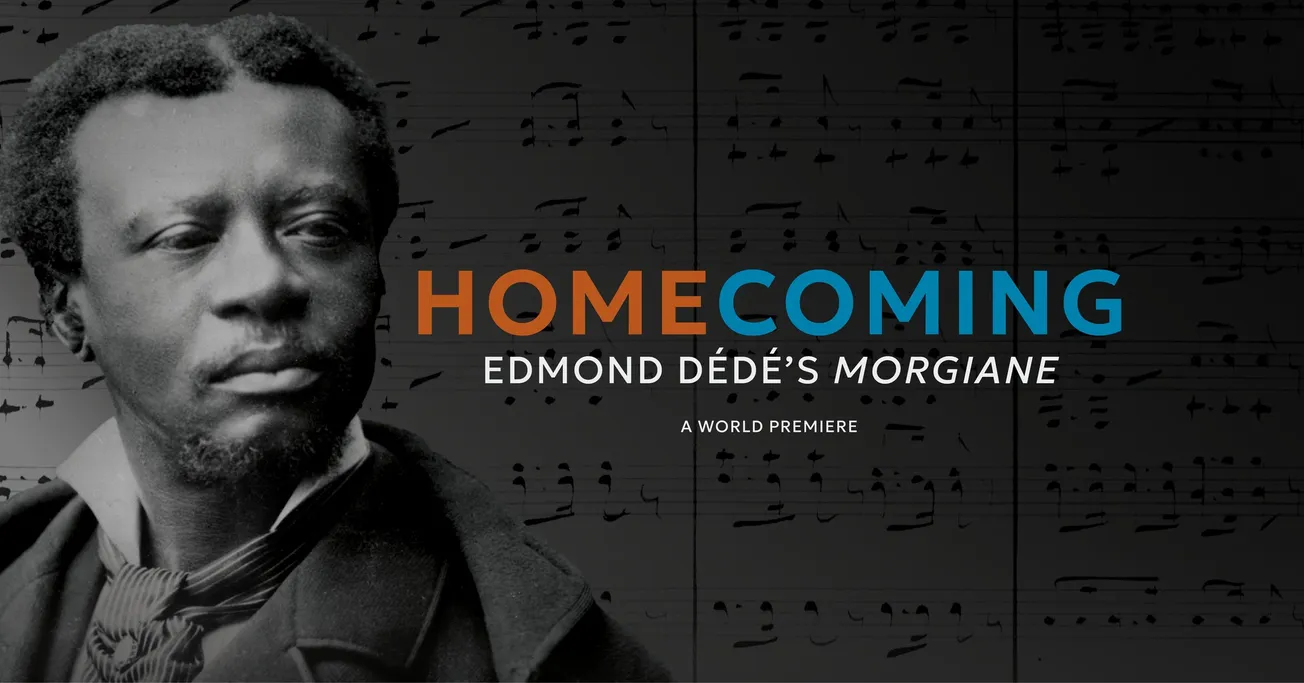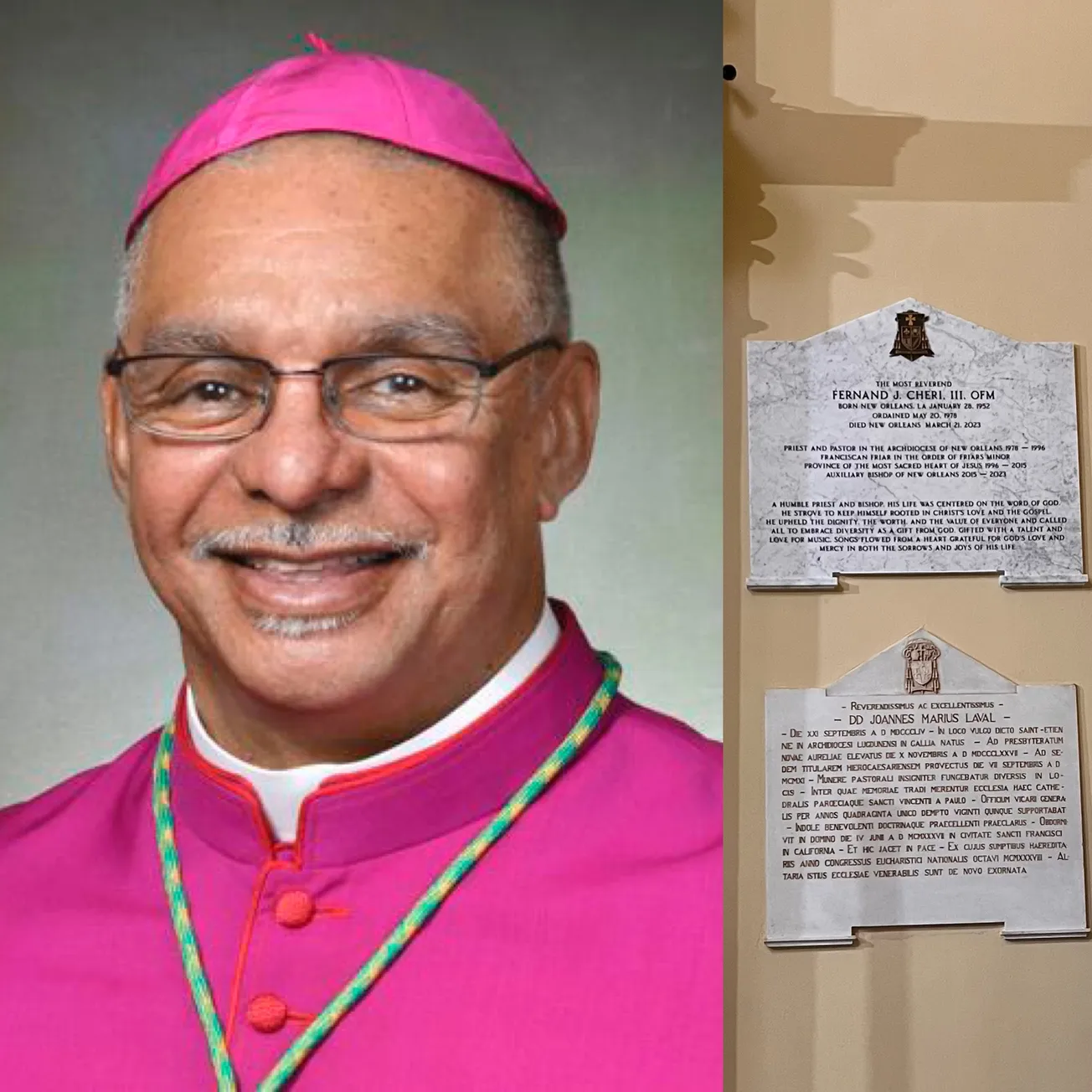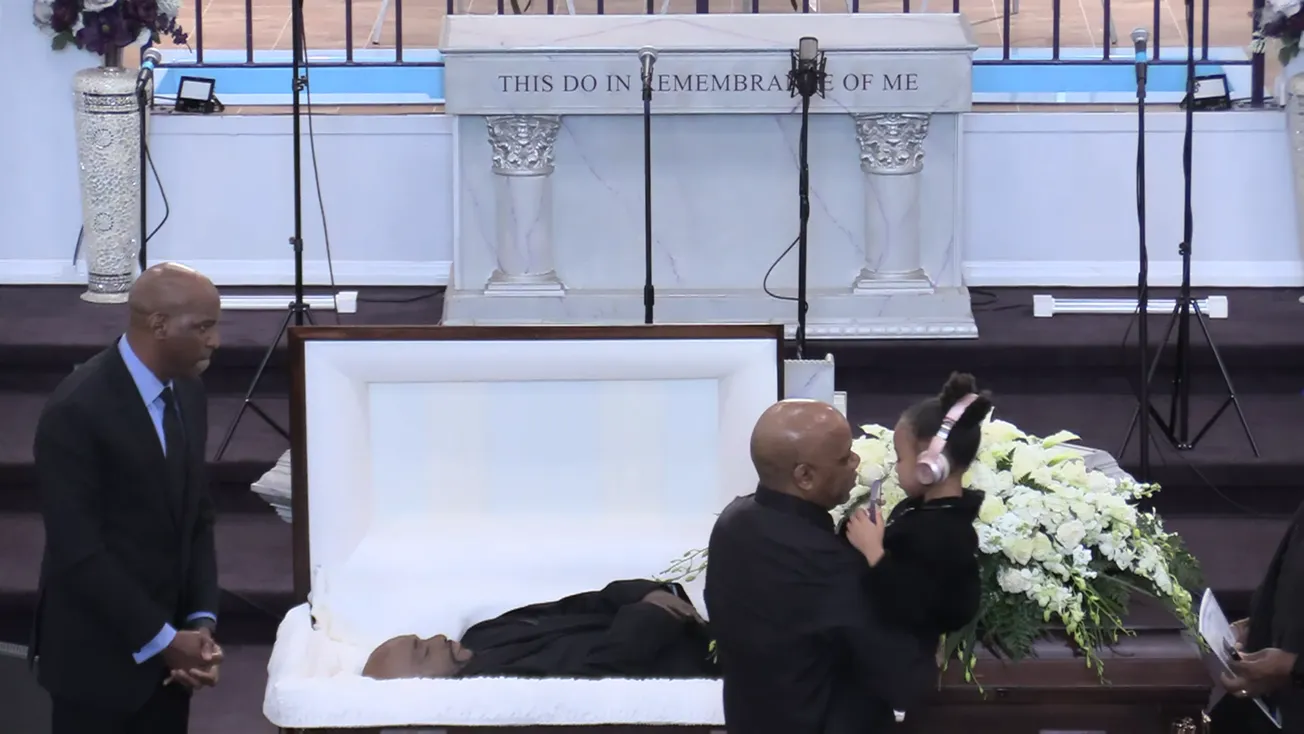After the birth of our son in December 2019, my wife and I were homebound in Houston for roughly nine weeks and paused our Mass attendance. While away, I knew there would be one person in particular at the Co-Cathedral of the Sacred Heart I would miss: Deacon Leonard Paul Lockett.
Houston is a melting pot full of vibrant diversity. The archdiocese mirrors this vast multiethnic expression. There are priests and deacons from various global communities dispersed in the various pastoral and support ministries. As a convert from the Black Protestant tradition, attending predominantly Black churches with Black clergy was my go-to religious experience.
Though I was content with the intellectual and theological basis for Catholicism, a piece of me yearned to see a Black man who had embraced the Sacrament of Holy Orders. Seeing other priests in Houston from the African diaspora, rewarding in many ways, intensified my search.
After I transferred to the co-cathedral to complete RCIA, eventually I noticed Deacon Leonard. I may have attended the parish for some time before I actually realized that there was a Black American deacon in my proximity, which ignited a great measure of zeal.
A man of humble stature, Lockett was a native of Port Arthur, Texas. While attending Sacred Heart High School, he served as the vice president of the NAACP youth council, which gave him a foundation to communicate on topics central to social justice. He later studied at the University of St. Thomas in Houston and earned degrees in Pastoral Theology. Eventually he would become a theology professor at UST and faculty member at St. Thomas High School. As a deacon, he was appointed to the co-cathedral.
He had a jovial and welcoming presence. When the Introductory Rites were performed and the priest entered with Deacon Leonard present, I felt a sense of appreciation knowing that God was using a fellow Black Catholic for his glory. When Mass was over, I always made it a priority to walk by and express appreciation.
In my religious experiences of old, I had become used to the sermon being the focal point of the worship experience. I found Catholic homilies often passionless or uninspiring. However, when Deacon Leonard delivered his impassioned exhortations, his sincerity for Christ was evident. Always interpreting Sacred Scripture to reveal the intended meaning by the inspired author and making an appeal for its application to our lives, he continually elevated the consciousness of the congregation.
What fascinated me about Deacon Leonard was that he seemed to be a revolutionary cloaked in a collar. He would make mention of racial injustice in the history of Houston, and deftly communicated the complexity of racism and economic inequality. From his desire to combat racism to his advocacy for economically exploited workers, he was an influential voice in the archdiocese on ensuring historically neglected and marginalized voices had representation.
Above all, what made him an authoritative figure was his dedication to the cause of Black Catholics. Just his being in the diaconate was a marvelous display of Blackness being transfigured into the sacred mysteries. As the archdiocesan vicar of Catholics of African descent, he was an outspoken champion for our pivotal role in the archdiocese.
At UST, he taught a course called “The African American Experience in the Roman Catholic Church” which emphasized the Catholic intersection with Black spirituality from the Transatlantic Slave Trade to the Second Vatican Council. In addition, when the archdiocese hosted a “Day of Prayer for Peace in Our Communities,” Deacon Leonard urged the faithful to embrace an active role in combating structural racism and the clergy to engage in a “Gospel of Social Justice” to advance advocacy and dialogue.


My wife and I regularly heard him address essential issues of our social-political climate that Catholics needed to be aware of. One of his homilies—I don’t remember the readings from that day—addressed the insidious nature of racism and how Catholics and people of goodwill need to take an active part in dismantling the sinful system.
As he preached with conviction, my wife and I side-eyed each other. Our stares conveyed a clear question (“Are we in the right place?”) and a general uncertainty of how an overwhelmingly White parish would respond to the idea that the dignity of Black people was under assault. As Deacon Leonard continued to preach, my wife and I wanted to shout, as Servant of God Thea Bowman once intoned, with a boisterous “Amen! Hallelujah! Thank you, Jesus!”.
On the commute home, we had our usual discussion on the application of the homily. We were both pleased that the burden of labor was, for once, placed on White Catholics to make reparation and affect systemic change. Moreover, we appreciated that the message was delivered at all.
In addition to his illuminating presence from the altar, it was the minor conversations in passing with Deacon Leonard that I grew to love. While we were away during postpartum recovery and paternal leave, his presence was indeed missed.
After receiving medical approval from my wife’s gynecologist, we resumed our normal Mass schedule mid-February 2020 and attended for about three Sundays before the coronavirus pandemic upended the world. By mid-March, it was a unanimous decision that we would forgo in-person Mass indefinitely.
I personally had hoped that COVID-19 would diminish quickly and that the normal routine would start back after a few months. That wasn’t the case. I was optimistic that I would get another opportunity to communicate with the powerhouse of Houston Catholics of African Descent one more time.
Unfortunately, I didn’t.
On April 25, 2020, Deacon Leonard Lockett transitioned to heavenly glory. The news of his passing hit me excruciatingly hard. Not only did I lose a beloved community faith leader, but an instrumental voice for solidarity in the archdiocese. He left behind a wife, a son, a daughter, and countless close friends and family. A livestreamed Memorial Mass for him took place at the Texas Southern University Catholic Newman Center on May 15.
Doris Barrow, the Newman Center director and Catholic campus minister at TSU, knew Deacon Leonard closely. Knowing Doris himself for years, I’ve learned that the brotherhood and admiration he had for Lockett was transformational. He regarded him as a pillar of the community.
“Deacon Lockett would recount to me the center’s importance in the lives of students, faculty, and staff at the university. The center’s legacy of campus ministry and that of Deacon Lockett are intertwined, and I am blessed to be a steward of that legacy,” he said.
“He was a mentor, brother, and friend. He spoke the truth unashamedly, yet charitably.”
It’s been nearly three years since Deacon Leonard’s death and I still find myself reflecting on the weight of his presence in the Texas Gulf Coast area. Here was a man of God that faithfully carried both the theological and social teaching of the Church until he received his crown. He modeled the service mandate to the vulnerable and exploited, rooted in genuine love of neighbor.
Deacon Leonard energized his listeners to fight apathy and proclaim the call of justice. If the clergy and others in religious life embrace his zeal for justice and solidarity, we could contribute to abolishing many forms of unfair balances of power. This involves having difficult conversations about the topics of our era and a commitment to following the commandment of love.
I’m thankful that I got to encounter a true servant of God in Deacon Leonard. His leadership in the diaconate sowed inestimable seeds of compassion, unity, and service in my heart. May his wisdom and model continue to be a guide for me and for all the Church.
Efran Menny is a husband, father, and small-time writer. He’s a passionate educator, student of social work, and host of the "Saintly Witnesses" podcast.











